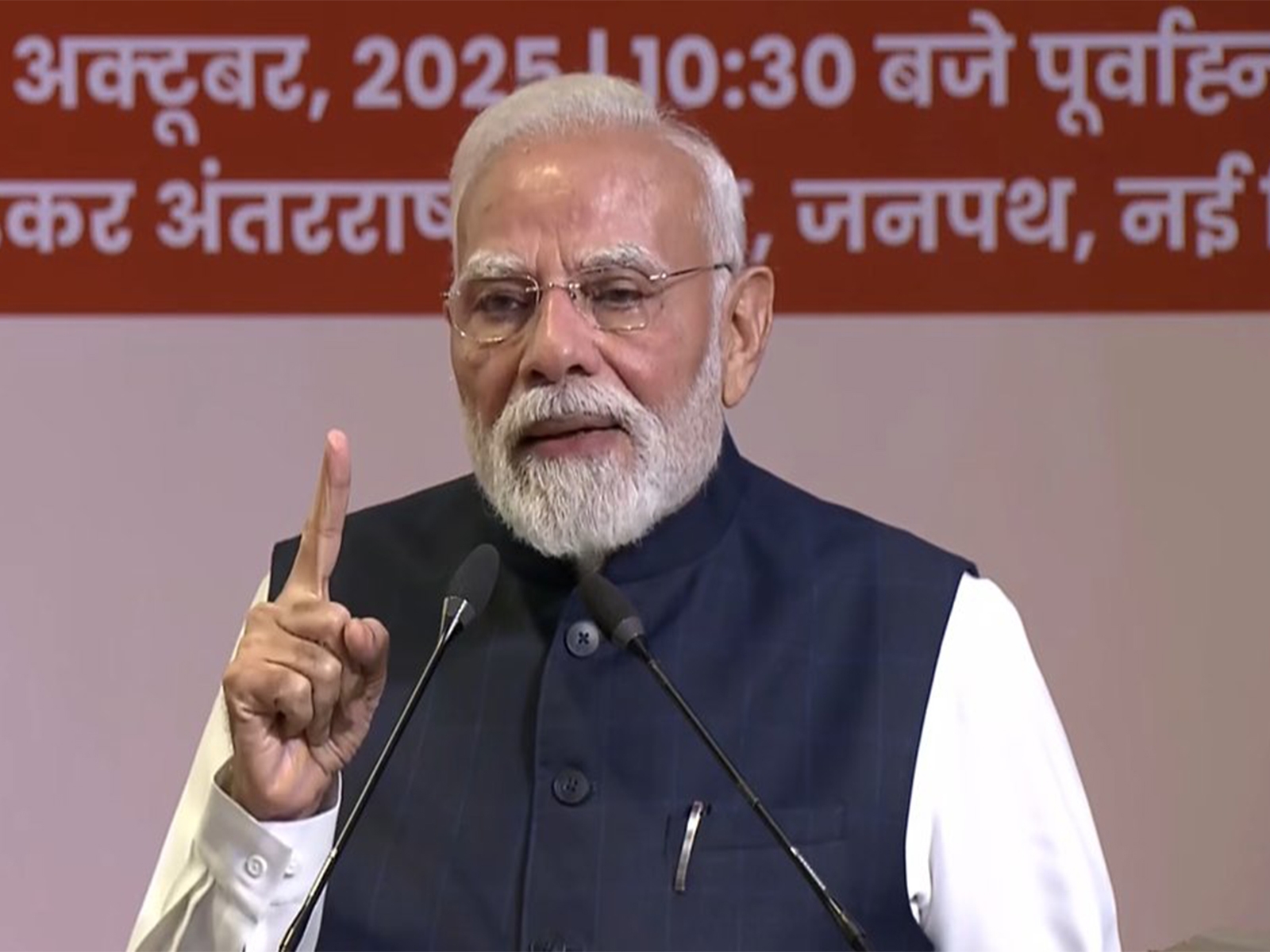Lalu Ke Bacche: why the swearing in is a slap on Bihar's trust vote

The progeny
Tejaswi Yadav, 26, and Tej Pratap Yadav, 27, and sons of Lalu Prasad and Rabri DeviTejaswi tried his luck as a cricketer, while Tej Pratap dabbled in business, before contesting their first elections this timeThe plum posts
Tejaswi is now the deputy CM of Bihar, while Tej Pratap is the No.3 man in governmentThey have superseded even the likes of six-time MLA and RJD\'s Muslim face, Abdul Bari SiddiqueMore in the story
How Lalu\'s decision stacks up against his slogan of socialism and democracyThis is not the first time he has picked family over fairness - he did it in 1997 tooHe asked for votes in the name of social justice, vowed to save democracy and socialism and promised equality for all. But, when the moment of triumph came, it was family all the way.
On their very first day in the school of politics, Tejaswi and Tej Pratap Yadav were straightaway elevated to the vice-chancellorship!
As soon as Chief Minister Nitish Kumar finished taking his oath, all eyes turned to see who the second most prominent face of the new cabinet would be. The name called was that of Lalu and Rabri's younger son, Tejaswi (26). Then came the turn of his elder brother Tej Pratap (27). The brothers were elected from the Raghopur and Mahua seats respectively.
Tejaswi, 26, is the No.2 man in the Bihar govt, while Tej Pratap, 27, is next in the hierarchy
The fourth leader to be called on stage was Abdul Bari Siddiqui. A six-time MLA from Alinagar-Darbhanga, Siddiqui is one of the most important leaders of the RJD. But even his credentials as one of the tallest Muslim leaders of the state could not earn him the post of Deputy CM.
The precedent
Lalu has clearly decided that the fruits of power will only be enjoyed by his own clan. This is hardly a surprise, considering it isn't the first time Lalu has taken a family-first approach. In 1997, at the height of the fodder scam, Lalu had rejected all the other leaders of his party and picked wife Rabri Devi to succeed him as CM. Family clearly trumped socialism.
In 1997, Lalu didn't trust anyone from his party to take over as CM. He gave the job to wife Rabri
Before the present Bihar cabinet was formed, there were rumours of a tussle within Lalu's family. His eldest daughter, Misa Bharti, also wanted her share of power. She apparently cited her seniority over her brothers in the political arena - Misa was not only active during campaigning for the assembly polls, but she had also contested the Lok Sabha polls from the Pataliputra seat. It is a separate matter that she lost to Ram Kripal Yadav.
Also read: #NitishSwearingIn: family affair for Lalu, show of strength for anti-BJP front
It is being said that efforts are on to placate Misa. She might be assigned some important responsibility in the party. The doors of the Rajya Sabha could also be open for her.
Pan-India trend
Lalu is indeed not the only leader to propagate dynasty politics. No party can claim to be above board in this respect.
Another prominent proponent of socialism in Uttar Pradesh has almost every other family member in politics, to the extent that a whole cabinet can be formed from within the clan. The same applies to M Karunanidhi's family in Tamil Nadu.
From Rahul Gandhi and Pankaj Singh to Naveen Patnaik and Vasundhara Raje, every party has been carrying the burden of lineage on its shoulders. Mehbooba Mufti and Omar Abdullah in Kashmir, as well as Anurag Thakur in Himachal owe their political careers to their family legacies. The same can be said about the Congress, BJP and Akali families in Punjab and Haryana, the Pawars in Maharashtra, Chandrababu Naidu in Andhra Pradesh and even the Left parties.
A resounding victory over the divisive agenda of the RSS and Modi does not absolve Lalu of the charge of following the same regressive trend. People had given him a mandate to form a democratic government based on merit. It was certainly not to give his sons a leg up in politics. But Lalu seems to have taken people's will for granted. It is a deep disdain to the aspirations of the people of Bihar.
There is no doubt that Lalu is the hero of the grand alliance's victory. He has stalled the Hindutva juggernaut and played a pivotal role in the return of Nitish Kumar. However, every victory comes with responsibility, and only those who care for this responsibility excel in politics.
The best way to respect this mandate against fundamental forces would have been to project a leader like Siddiqui. This would have added to the stature of both Nitish and Lalu in the national perspective. The underlying message of this victory could have been strengthened with such a step.
Also read: Biharis may be poor, but they aren't fools to fall for BJP: Abdul Bari Siddiqui
But Lalu could not think beyond the interests of his family and caste. While his sons hold the number two and three positions in the government, five out of the RJD's quota of 12 ministers are Yadavs.
The reasons
The question arises: why did Lalu do so? The biggest reason is insecurity. The last time his political existence was at stake, he trusted only his wife. These elections were also a similar trial for him. A defeat could have spelt complete doom for his political survival. The desertion of the likes of Sadhu Yadav and Pappu Yadav are still fresh in his mind. Lalu does not want another challenge to emerge from within the ranks of his own party.
Lalu is at a juncture where he has to take a call about his political heir, and he probably favours his younger son more. This was the reason Tejaswi has got the deputy chief ministership. This is a tacit proclamation of his political will. Tejaswi is now the RJD's face and voice in the political corridors.
Also read: Raghopur: will Yadav consolidation help Tejaswi avenge Rabri's defeat?
Also read: Fresh from the ground: Why Tej Pratap is giving Lalu Yadav sleepless nights
Lalu has also sought to quell the family feud with his scions' ascension to power. Misa might have remained empty-handed for now, but she is hopeful that her time is round the corner. Nevertheless, settling the family dispute has harmed Lalu's politics.
Unlike Mulayam Singh Yadav, Lalu has never wavered from his commitment against communalism. He never had an alliance with the BJP like some of his other socialist peers, including Nitish , Sharad Yadav and George Fernandes. He has never been seen to play opportunistic politics like Ram Vilas Paswan, which compromises the secular agenda and ideology of his party. But, Lalu's love for his family has dented these strong credentials.
To the manor born
Obviously, nobody expects Lalu to be the ideal politician. Still, he seems to have crossed a moral line by patronising his family to this extent. After all, this was just the electoral debut for his sons. Lalu could've held their hands and guided them through the process of coming-of-age politically. But to give them such high positions is just unfair.
Neither of them was politically active in the past. While the younger son had tried his luck in cricket, the elder one was into business. They neither had any political acumen, nor any genuine interest, except being born into a political family. They did not come into politics out of their own choice.
The sons didn't seem politically inclined. Tejaswi played cricket and Tej Pratap dabbled in business
It was Lalu's decision to field them, much like the son a businessman who takes over the family enterprise after completing his education. It is mostly borne out of practical considerations.
But this certainly does not bode well for politics. One needs to have a political mind to make a positive contribution to the polity. Neither of Lalu's sons has shown any signs of such a capability, till now.
Overlooking honest workers and giving precedence to leaders based on their birth can mean the beginning of the end for any political party. Lalu must ask himself, would Jai Prakash Narayan and Ram Manohar Lohia ever have approved of this?
Lalu may have tried to play it safe, but if the power goes to his sons' heads, it may boomerang on him. As it is, the competition between his eldest daughter and sons is looking like a challenge. Too much love for one's progeny can also be injurious; only Lalu may not be in a position to understand this right now.
First published: 21 November 2015, 11:46 IST
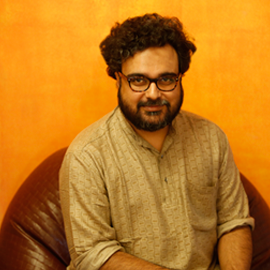


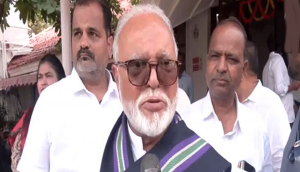
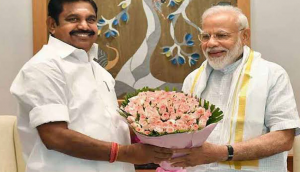
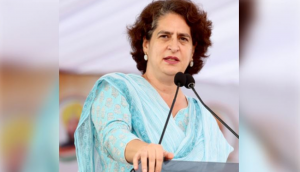
![BJP's Kapil Mishra recreates Shankar Mahadevan’s ‘Breathless’ song to highlight Delhi pollution [WATCH] BJP's Kapil Mishra recreates Shankar Mahadevan’s ‘Breathless’ song to highlight Delhi pollution [WATCH]](https://images.catchnews.com/upload/2022/11/03/kapil-mishra_240884_300x172.png)

![Anupam Kher shares pictures of his toned body on 67th birthday [MUST SEE] Anupam Kher shares pictures of his toned body on 67th birthday [MUST SEE]](https://images.catchnews.com/upload/2022/03/07/Anupam_kher_231145_300x172.jpg)






